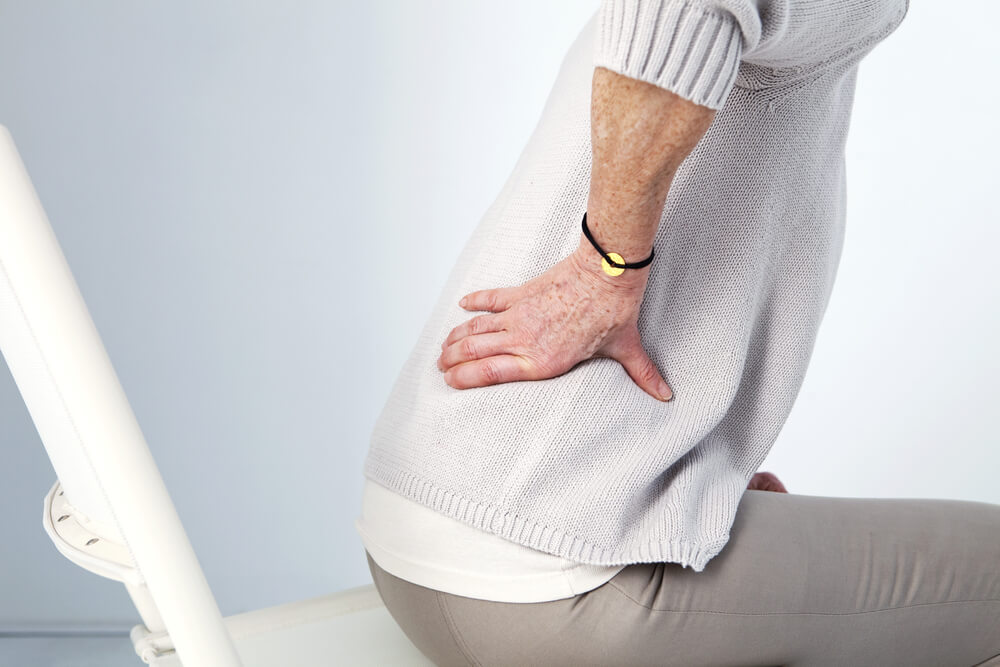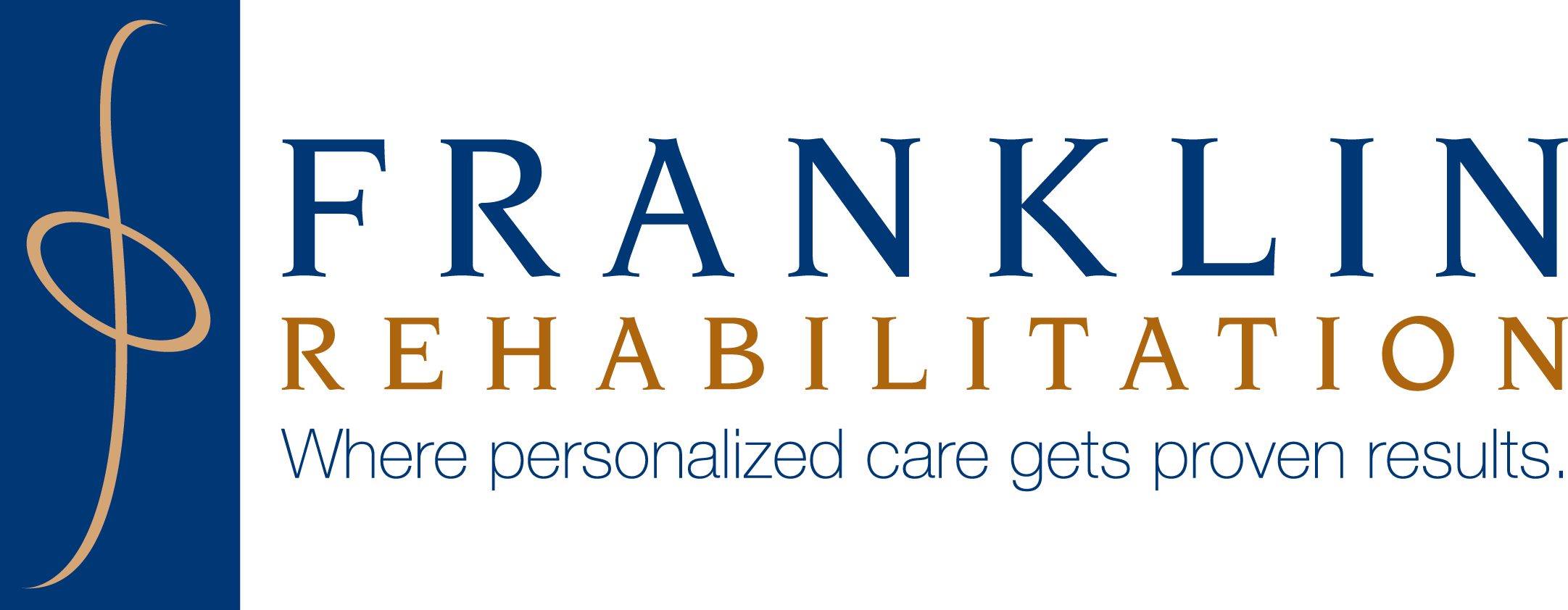Watch out for these signs of a slipped disc in the lower back

The term “slipped disc” is actually a nonmedical term, often referring to conditions such as a herniated or bulging disc or just back pain. In any event, slipped discs are generally said to occur when spinal disc material becomes dislocated or slips out of its normal position in the spinal column. For many patients who are dealing with a condition affecting a spinal disc, symptoms can range from a mild inconvenience to an excruciating disruptor of even the simplest activities.
Depending on the underlying causes, a slipped disc is a highly treatable condition, but the earlier it can be identified and diagnosed the better. If you believe you are experiencing the pain symptoms of a slipped disc, you should seek out treatment as soon as possible. In Wisconsin, you do not have to see your doctor first to get treated by a physical therapist. You can get in and get treated right away by just calling for an appointment.
To help patients who are wondering if their symptoms are related to a slipped disc in the lower back, we’re happy to share this quick and easy-to-understand guide. As you take a few moments to read this over, please don’t hesitate to reach out to us if you have any questions.
Symptoms of a disc problem in the lower spine
In the lumbar (lower) spinal region, the discs help to cushion the vertebrae and allow for the bending and flexing necessary for basic movement. Because the lumbar spine also helps to hold the upper body upright, these discs are put under tremendous stress on a daily basis. When combined with the tendency of our discs to dry out over time and become more brittle, these forces can lead to the development of the conditions commonly referred to as a slipped disc.
If a slipped disc occurs, it can potentially irritate or compress the many nerves that are contained in the lumbar spine, leading to the following symptoms:
- Localized pain
- Radiating pain into the legs
- Muscle weakness and spasms
- Tingling and numbness in the extremities
- Difficulty completing your daily activities
If you’re experiencing these signs of a slipped disc in the lower back and they last for more than a few days to a week at the most, you should seek immediate diagnosis and treatment from a qualified health care professional.
Physical therapy for a slipped disc
For nearly any spine condition, physical therapy is an essential part of a comprehensive treatment plan. At Franklin Rehab, our talented team of therapists have extensive experience in administering all natural treatments to help relieve pain, improve function and reclaim a normal activity level if a spine condition is diminishing quality of life.
To learn more and schedule your initial appointment, contact us today.
